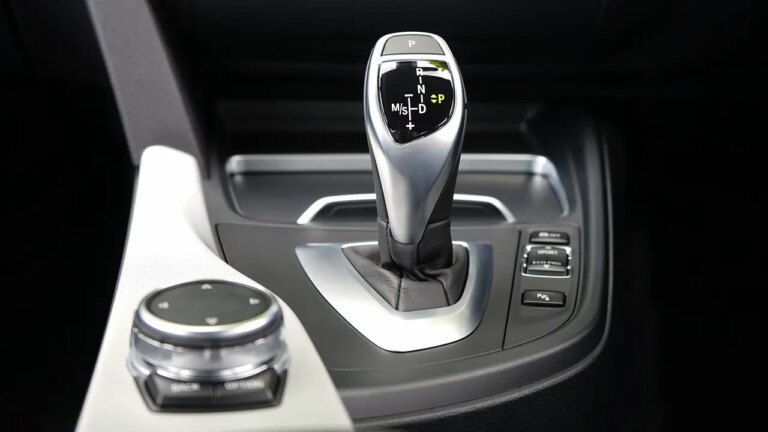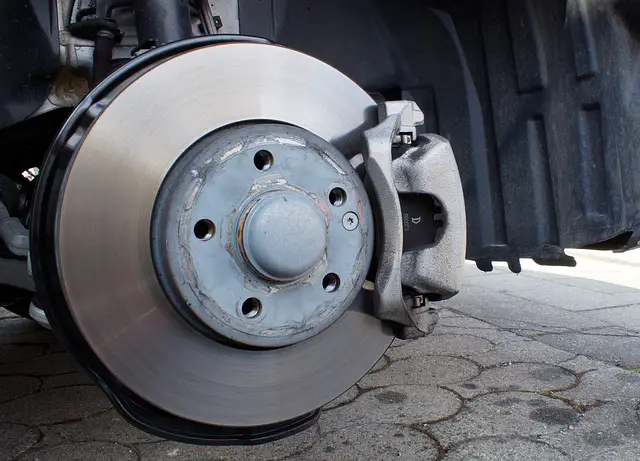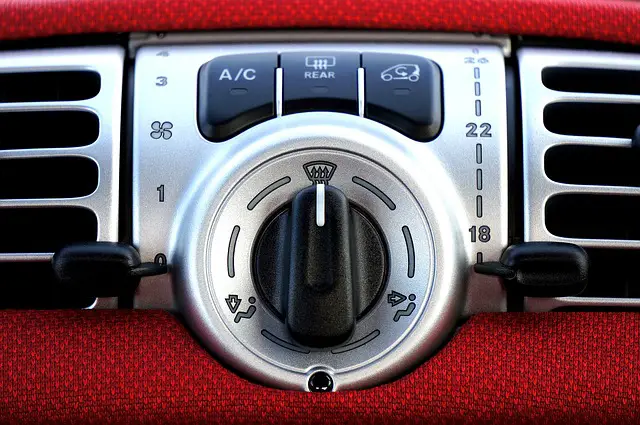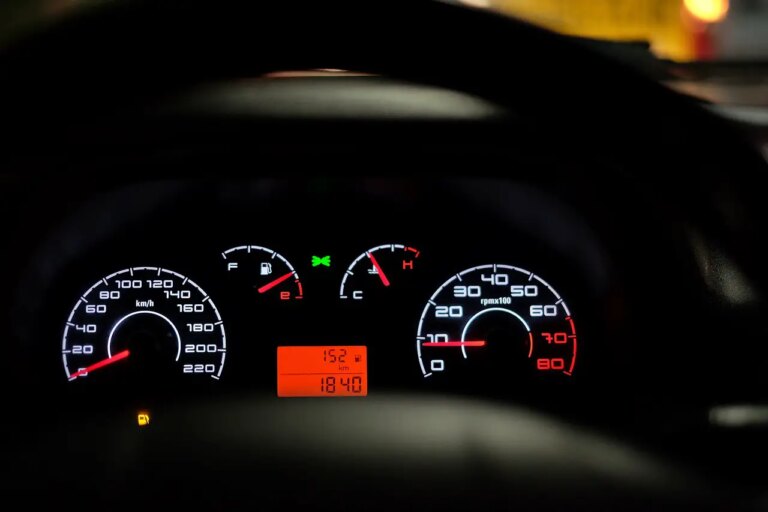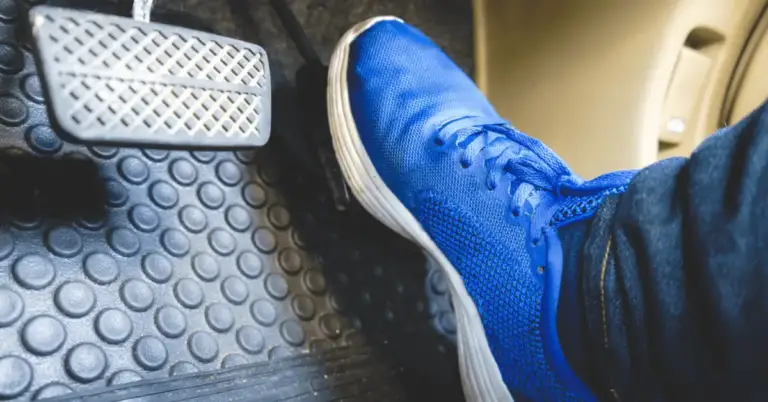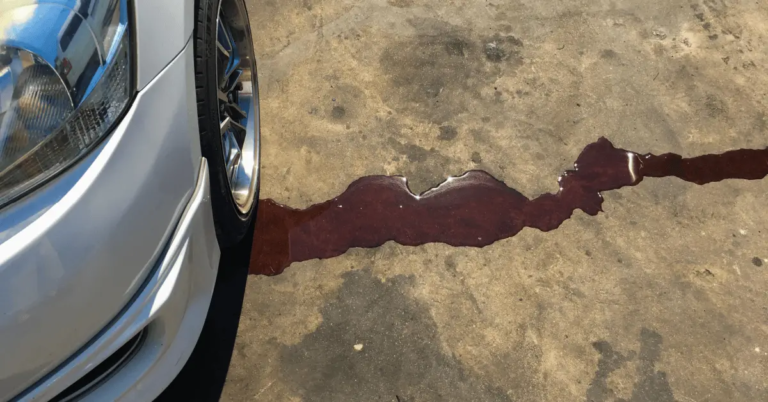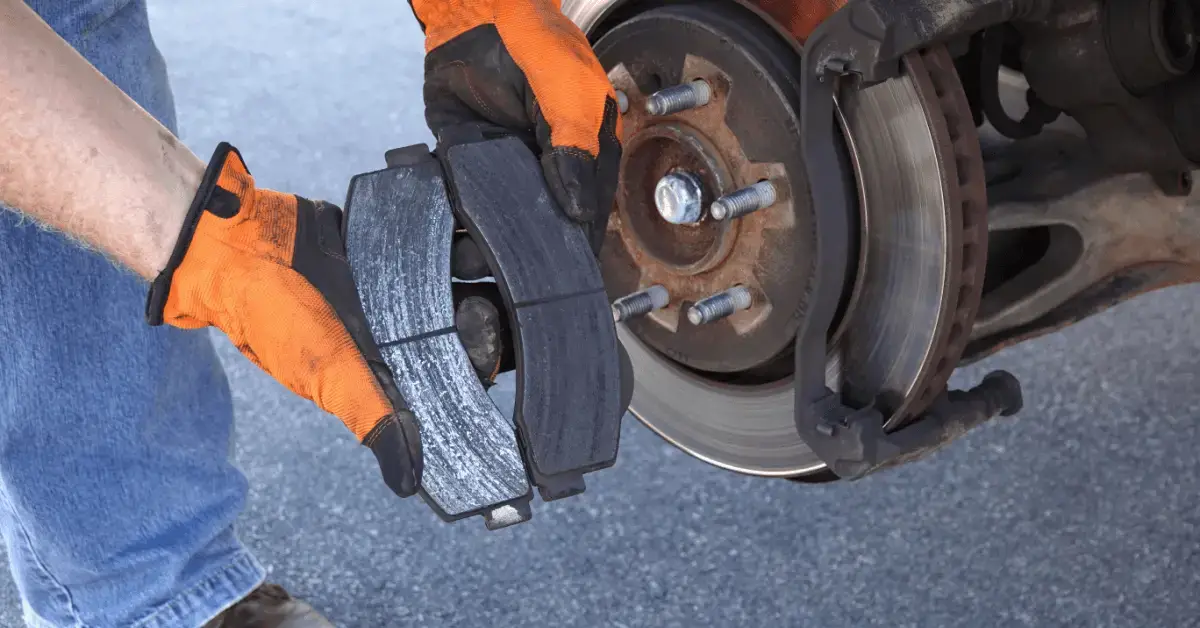
If your brakes are grinding or squealing, this is a good sign that it’s time to replace your brake pads. While this might sound like a job for a professional, doing this yourself can save you a lot of money. It’s typically a fast job that you can easily perform without special tools. Even if you prefer to take your car to a mechanic, understanding your car’s disc braking system is important. With that said, what does it mean when new brake pads are too tight on the rotor?
If you’ve already replaced your brake pads but find that they fit too tight against the rotor, this can be due to several issues. Keep in mind that brake pads should fit snugly against the rotor. But if a rotor is uneven or there’s a piston or caliper issue, this can cause the brake pad to fit poorly and interfere with a brake pad’s optimal function.
Check out what makes brake pads fit too tight on the rotor and how to fix the issue.
Quick Facts About Your Brake Pad Rotors
- Brake pad rotors are an important part of your car’s braking system.
- Brake pads are large metal discs attached to the axle inside your vehicle’s wheel.
- They work by rotating as you drive the car. When you press the brake, the brake pads clamp down on the rotor, creating contact and friction to stop the wheels from turning.
- The rotor ensures that when you apply the brake, the rotor connects with the brake pad to safely stop your car.
New Brake Pads Too Tight on Rotor: 3 Common Causes and How to Fix
1. Wrong Pads or Pad Orientation
The first thing to consider when you have a brake pad fit issue is the size of your brake pads. Sometimes, the reason for brake pads that fit too tight against a rotor is as simple as having the wrong size pads on the brake.
If you have the wrong size brake pads, you will notice extra wear and tear, grinding or squealing, or even overheating brakes since the pads and rotor will be in constant contact even when you aren’t applying the brake.
Solution
Brake pads are designed to contact the entire rotor surface to give you maximum braking power. They should ideally range at least ¼ inch or 6.4mm thick for optimal functioning. If your brake pads are thicker than this, then you likely have the wrong size brake pad in place.
It’s also best to check if the pads are correctly situated on the rotor. If they are too close, remove them, and replace them so that they barely touch the rotor.
If you’re uncertain about what size brake pads your vehicle takes, contact your local Original Equipment Manufacturer (OEM) and ask them to give you the rotor sizes original to your vehicle. You can also get the original pads or rotor part numbers when you give them your car’s VIN number. This will ensure the best fit and avoid any further issues from improperly fitted brake pads.
2. Corroded Caliper Piston
In many cases, a corroded caliper piston is to blame for tight-fitting brake pads. If you check the caliper piston and notice dark, rusty-colored oxidization, then you’ll know that corrosion is to blame. This is usually due to crusted and rusting brake fluid residue.
Solution
If your caliper pistons are otherwise in great shape, all you need to do is clean up the calipers to ensure that they work the way that they should.
First, try using a brake cleaner to remove any brake fluid residue, then follow it up with a fine metal polish. It’s best to skip the sandpaper to avoid any damage to the calipers’ finish. Make sure to work in an open, well-ventilated space, and do not heat the brake cleaner in any way, since this can cause deadly fumes even in small concentrations.
If you find that the corrosion is too thick to remove this way, try soaking the caliper and piston in some brake fluid for several days and then cleaning it until the corrosion comes off.
3. Non-retracted Caliper Piston
Cleaning is the key here as well. A corroded caliper piston may not retract to ensure that your brake pads fit perfectly against the rotor.
When a piston’s surface is corroded, it may not ride back and forth on the piston seal and may stop it from moving at all.
Solution
If your caliper has visible corrosion, follow Step 4 to remove any crud or corrosion from the caliper piston.
A leak in the brake fluid hose is another factor that can cause a caliper to refuse to retract and interfere with the brake pad’s fit and function.
When a hose cracks or leaks, the caliper gets stuck in place and can’t retract to the master cylinder where it needs to stay. If the hose breaks, the brakes may feel fine, but the caliper won’t be able to retract as needed.
In this case, you will need to replace the hose so that the other brake components function properly. First, jack up the car with a jack and stand, locate the hose, and remove the nut that holds the hose in place using a wrench or 14mm socket. Take off any fasteners or brackets that hold the flexible line. Detach the hose from the brake’s caliper.
Reverse your steps to insert a new hose and fasten it in place. Once you finish, you will need to bleed the brakes.
Frequently Asked Questions
Should Your Brake Pads Touch the Rotor?
Yes. Brake pads should always have slight contact with the rotors. This ensures that the brake pads can grip the disc securely when you apply the brakes.
At the same time, you don’t want your brake pads to stay jammed against the rotor unless you’re trying to slow the car down. The last thing that you want to do is to overheat your brakes.
What is a Sign That Brake Pads Are Too Tight on the Rotor?
Symptoms of brake pads that are too tight on a rotor include smoke, squealing sounds, or a hot smell coming from your wheels. If you’ve replaced your brake pads but hear a squealing noise when you brake, this can clue you in that all is not well in the relationship between your rotor and brake pads.
When brakes overheat, they can make the brake pads or rotors melt or glaze over. If this occurs, you will hear a squealing noise as you press the brake from the brake pads contacting the smooth, glazed-over rotors. The brake pedal will lose some of its flexibility and have a hard, solid feel, but you won’t have much power to brake.
The second sign is an odor that smells like burning rubber, burning chemicals, or even like a carpet set on fire. This can also smell like a hot smell in the early stages of overheating brakes.
The third symptom is smoke coming from your wheels. This likely means that your brakes are overheated because they’re too tight against the rotor.
If this happens, you will want to stop if possible and address the issue. Start by checking the pad orientation, pad size, and if the caliper piston is retracted.
Final Thoughts
Brake pads are supposed to fit snugly against the rotor. This ensures that they create contact friction when you press the brake pedal to bring your car to a stop.
On the other hand, if a brake pad is too tight on the rotor, your tire will not spin properly. Instead, it will turn less than 1 and a half rotations by itself if it isn’t weighted. This can lead to poor performance that increases the wear and tear on brake drums and shoes. This will require you to replace parts more often.
A second problem that can occur if brake pads are too tight against the rotors is the risk of overheating. If brake pads don’t release from the rotors while driving, this can make your brakes overheat. This is a dangerous issue that can damage your brakes or risk your life.
If your brake pads cling tightly to the rotor without ever releasing, this creates constant friction, resulting in excess heat. In the mildest scenario, overheated brakes or rotors can warp these components. This will destroy the rotors’ flat surface that the brake pads need to grip and stop the vehicle.
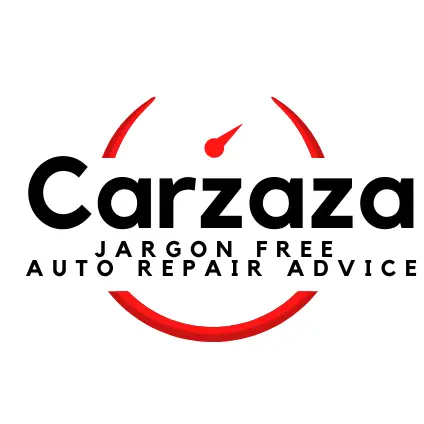

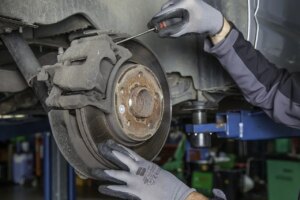

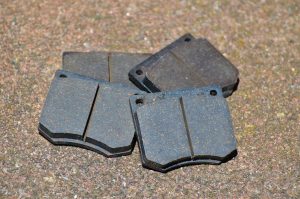
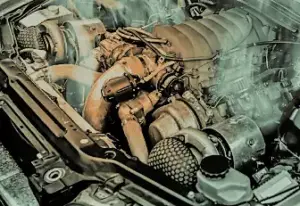
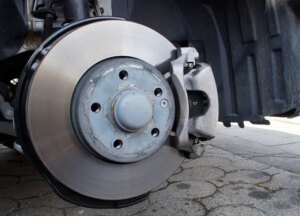
![Can Dirty Brake Fluid Cause Squeaky Brakes? [ANSWERED] DOT-3-Brake-Fluid](https://carzaza.com/wp-content/uploads/2023/12/DOT-3-Brake-Fluid-300x161.png)
